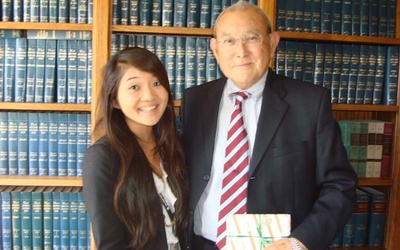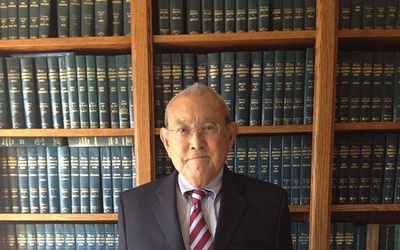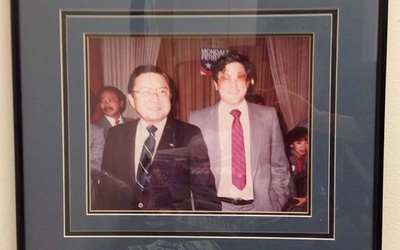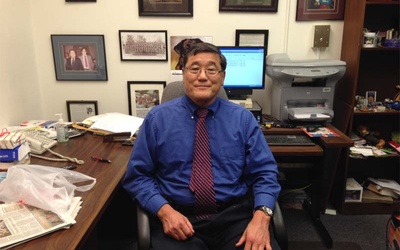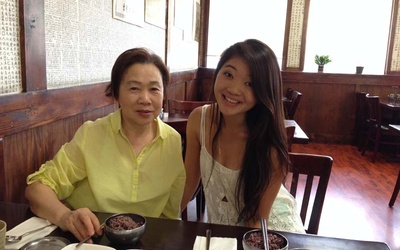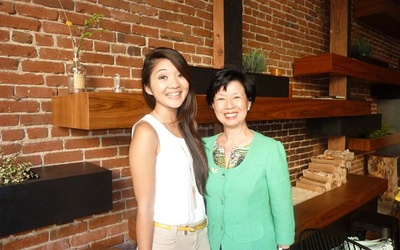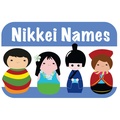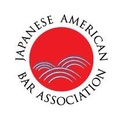
Sakura Kato
@skatoSakura Kato is the 2014 Nikkei Community Intern for the Japanese American National Museum (JANM) and the Japanese American Bar Association (JABA) primarily working to document the legacy of Japanese American jurists. She is also a proud Trojan studying History and Pre-Law at the University of Southern California.
Updated July 2014
Stories from This Author
The Nikkei Community Internship: Strengthening the Future of the Three Remaining Japantowns
Aug. 11, 2014 • Sakura Kato
It is incredible to imagine that there had been a staggering 43 Japantowns throughout the nation at one point in time. However, when Pearl Harbor was bombed and Executive Order 9066 was signed, the once populous Japanese American communities began to disappear. Now, only three recognized Japantowns are left in the United States—Little Tokyo in Los Angeles, Nihonmachi in San Francisco, and Japantown in San Jose. These remaining historic relics of the Japanese American community are spaces that physically capture …
Judge A. Wallace Tashima: A Judge Who Looks Like Us
Aug. 6, 2014 • Sakura Kato
Living in the bleak barracks of a WWII concentration camp, the young Judge A. Wallace Tashima could sense “a dark atmosphere [in American society], that there was something sinister about being Japanese.” Because all persons of Japanese ancestry were branded as “un-American” and “subversive,” Tashima grew up during a time when Japanese Americans like himself could not be conceived as judges. Yet in becoming the first Japanese American elevated to the U.S. Court of Appeals, Judge Tashima has successfully proven …
Judge Fred J. Fujioka: Honoring our Past and Empowering our Future - Part 2
July 30, 2014 • Sakura Kato
Read Part 1 >>Breaking the Bamboo Ceiling Over the 17 years that he practiced as an attorney, both in the Public Defender’s Office and in private practice, he recalls being one of very few Japanese American criminal defense attorneys. “I did everything from drunk driving trials to death penalty trials. I wasn’t afraid. I would try anything. And so to me, to be able to be a criminal defense attorney was real important because it broke the stereotype of the …
Judge Fred J. Fujioka: Honoring our Past and Empowering our Future - Part 1
July 29, 2014 • Sakura Kato
On January 7, 1951, Moto Hayami held her newborn grandson in her arms and prophetically said, “Fred is going to be the lawyer of the Fujioka family.”* Indeed, Judge Fred J. Fujioka of the Superior Court of Los Angeles County has fulfilled his grandmother’s expectations in becoming not only the “lawyer of the Fujioka family,” but also the community organizer, the political activist, and last but not least, the judge of the Fujioka family. A Long Line of Japanese American Legacies …
Growing Up with a Japanese Name in the United States
July 22, 2014 • Sakura Kato
My name is Sakura Kato, and just Sakura Kato. I have no middle name or an English name or really anything to signify my identity as a Japanese-American. When growing up, I could never find my name on a pre-made mug or keychain like my friends named “Ashley” or “Christine,” and references to my name could only be found in anime like Naruto or Cardcaptor Sakura. During roll call, my heart would always beat faster and my face would turn …
My First Court Visit: A Day in the Courtroom of Judge Holly J. Fujie
July 15, 2014 • Sakura Kato
At 8:30 a.m. on a Monday morning, I entered the Stanley Mosk Courthouse in Downtown Los Angeles for my first court visit. After passing through the metal screen detectors and making my way up to Department 87, I opened the courtroom doors plated “Judge Holly J. Fujie” and nervously checked in with the bailiff and the court clerk. Unlike many others who entered her courtroom, I arrived without counsel or a stack of paperwork to plead my case. I sat …

